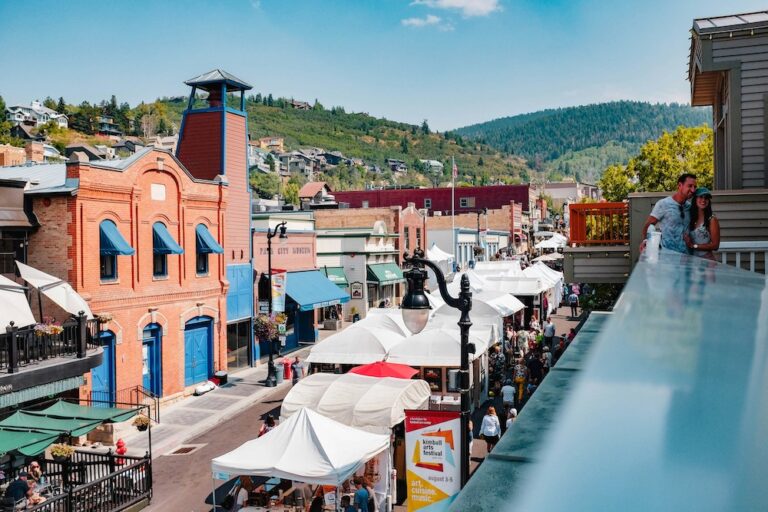
Happy New Year!
If you are unsure how to fix your community after a year of COVID shutdowns, bankruptcies, deaths, and despair, I’d like to offer 27 resolutions. The focus of all 27 is how to jump-start your economy by mobilizing local capital for local businesses, projects, and people, in relatively easy and inexpensive ways.
This week, I’ll offer 18 resolutions you can do as individuals, nonprofits, or businesses. In Part II, I’ll share 9 official actions that could be taken by your county, city, or town.
Let’s begin by considering the opportunity: American households have $56 trillion invested in stocks, bonds, mutual funds, pension funds, and insurance funds—nearly all of it in global companies they barely know or trust. That works out to $169,000 per capita or $439,000 per household. If you live in a 10,000-person town, you’ve got $1.69 billion to play with. If you reside in a small city with 100,000, you’ve got $16.9 billion. Even moving a small fraction of those savings can provide your economy with a huge stimulus.
As they sing in The Rocky Horror Picture Show, don’t dream it, be it!
A vibrant local investment ecosystem in your community needs four cornerstones:
- A pipeline of local businesses, some existing and some startups, that fill currently unmet local needs;
- A diversity of local finance options for these businesses;
- A mobilized network of grassroots investors prepared to support local businesses, projects, and people; and
- An amalgam of intermediaries bringing local businesses and local investors together.
My first 18 resolutions provide a checklist for how you and your neighbors can lay these cornerstones in place:
Resolutions for building a pipeline of investment-worthy local businesses:
(1) Technical Assistance – Strengthen technical assistance available to such businesses from your Small Business Development Centers, universities, community colleges, and banks.
(2) Mentors – Organize an army of local mentors for these firms drawn from existing businesses and retirees.
(3) Incubators – Create as much space as possible for startups in incubators, accelerators, impact hubs, fab labs, and maker paces.
(4) Peer Groups – Weave together sector-specific businesses (in food, energy, manufacturing, etc.) to facilitate peer support and cost-effective joint action.
(5) Leakage Analysis – Perform leakage studies that identify local purchasing being unmet by local businesses or being neglected altogether.
Resolutions for making local finance options available to local businesses:
(6) Inventory Existing Options – Create a comprehensive list of currently available financial options from the usual players, such as banks, angels, and venture capitalists.
(7) New Ownership Options – Develop support systems for creating new cooperatives and employee-owned companies, which expand opportunities for building local wealth.
(8) Crowdfunding – Deploy a support system for moving local businesses into crowdfunding campaigns, whether from donations (e.g., Kickstarter), interest free loans (e.g., Kiva), peer lending (e.g., Prosper), or Title III investments (e.g., WeFunder).
(9) Evaluation Network – Put in place a collaborative network among banks, foundations, and other investors that, among other things, collectively evaluates businesses to bring down the transaction costs for getting them finance.
Resolution for organizing local investors:
(10) Pre-purchasing – Set up a simple pre-purchasing web site (like that offered by www.local-futures.org) to improve the cash flow of your businesses struggling in the pandemic. Most pre-selling does not trigger securities law requirements but can help you identify promising local investors.
(11) Grassroots Investment Champions – Publicly identify residents who are willing to organize investment groups of any kind, ranging from informal gatherings to formal investment clubs.
(12) Investor Resources – Make available educational tools around local investing, including how to find, evaluate, and manage local investments, and how to use pension savings for local investments (my latest book, Put Your Money Where Your Life Is, can help).
(13) RIA Networks – Create a network of local-investment-minded registered investment advisors, as Angela Barbash of Revalue Investing has done in Michigan, to help identify, evaluate, and improve local investment offerings and connect them with their clients.
Resolutions for establishing intermediaries that can bring local businesses and investors together:
(14) Business-Investor Gatherings – Form LIONS that bring together businesses and investors informally (LION stands for Local Investment Opportunity Networks, which started in Port Townsend, Washington, in 2008).
(15) Business-Invest Online Groups – Put together a local online platform facilitating discussions between local investors and businesses (in a “testing the waters” framework, recently legalized by the SEC).
(16) Local Listings – Create an online platform listing all available securities offerings from local businesses (transactions would occur only on federally licensed portals). An example is the Maryland Neighborhood Exchange.
(17) Community Investment Funds – Create one or more local investment funds organized around particular portfolios, such as local food or local retail. (This how-to-guide published by NC3, the National Coalition for Community Capital, can help.)
(18) Evaluations – Set up an evaluation company (like a mini Moody’s) that could provide local investors with objective, third-party information about business investment opportunities.
A few final points about these 18 resolutions. Nearly all can be done by committed grassroots groups with very little money. And even just a couple can have profound results. LION, for example, is moving $800,000 per year into local businesses in Port Townsend—in a town of 10,000. Imagine what’s possible in your community.
(Next week, what your local government can do.)

